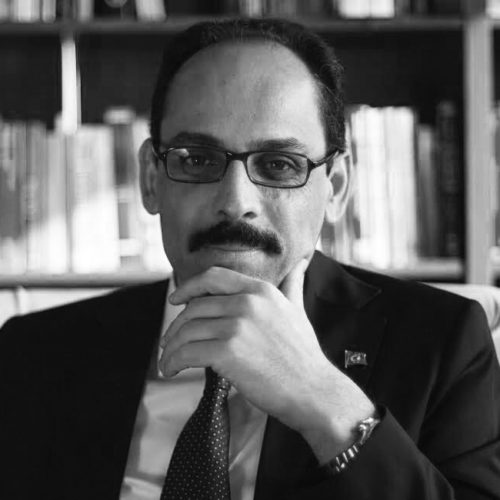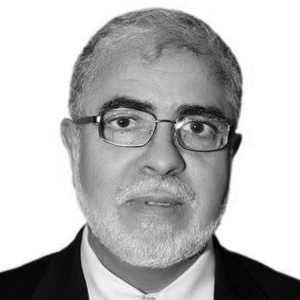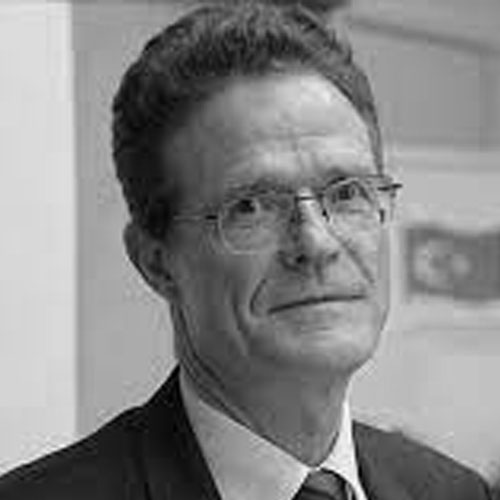The Eastern Mediterranean’s hydrocarbon reserves could transform the region into one of the world’s most important sources of natural gas over the coming decades. These vast deposits of natural gas have the potential in see billions of dollars deposited into the treasuries of regional states. As a result, tensions are rising in the Eastern Mediterranean and the potential for conflict has increased as new alliances and partnerships are forged. As it stands today, stability in the Eastern Mediterranean is being undermined by states who have chosen to adopt an aggressive foreign policy stance in the region. Greece, the Greek Cypriot administration, Egypt and Israel have sought to isolate Turkey. To avert such a scenario, in November 2019, Turkey and Libya’s UN-backed Government of National Accord (GNA) signed an agreement on maritime boundaries, enabling both Turkey and Libya to preserve their rights and interests in the Eastern Mediterranean. Over the past few months, there has been significant change on the ground in Libya. The GNA, with considerable help from Turkey, has broken the siege of Tripoli by warlord Khalifa Haftar and his self-declared Libyan National Army (LNA), backed by the United Arab Emirates, Egypt, Russia and France. Recently, the UN-backed government and the rival Tobruk based parliament (HoR) in eastern Libya agreed on a ceasefire to create a space for a return to the political process. The Ceasefire call is a significant step; however, significant obstacles remain.
Discussion Themes
• What is behind rising tensions in Eastern Mediterranean?
• Is it possible to avoid armed conflict in the region?
• How credible is the EU with regard to the Eastern Mediterranean dispute?
• Is the Turkish and Libyan Maritime deal a game changer in the Eastern Mediterranean? What are the prospects for a political
• solution in the Eastern Mediterranean?
• Will the latest call for a truce bring political settlement to Libya?
Discussants
• Emadeddin Badi – Advisor for Libya, the Geneva Centre for Security Sector Governance (DCAF) & Non-resident Senior Fellow, the Middle East Program, the Atlantic Council
• Valeria Talbot – Senior Research Fellow and Co-Head of the Middle East and North Africa Centre, ISPI
• Sami Hamdi – Editor in Chief, International Interest
• Neil Quilliam – Director, Azure Strategy & Associate Fellow, Middle East and North Africa Programme, Chatham House
• George N. Tzogopoulos – Senior Research Fellow, CIFE France & Visiting Lecturer, the European Institute
• Tarek Megerisi – Policy Fellow, ECFR
• Gürkan Kumbaroğlu – Professor, Boğaziçi University & President of Turkish Association of Energy Economics, TRAEE
• Hakan Berument – Professor of Economics, Bilkent University & the Director of Energy Research, the Center for Middle Eastern Studies
• Erol Kaymak – Professor, Political Science and International Relations, EMU



